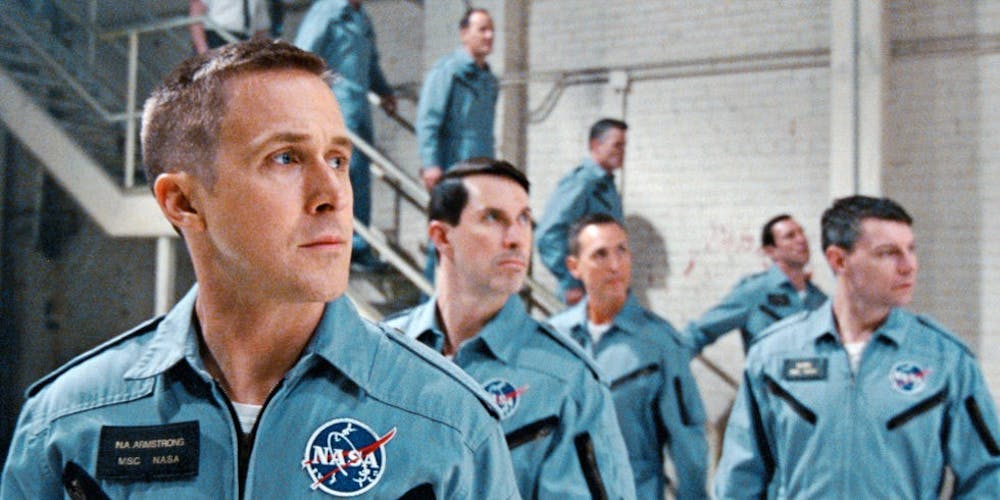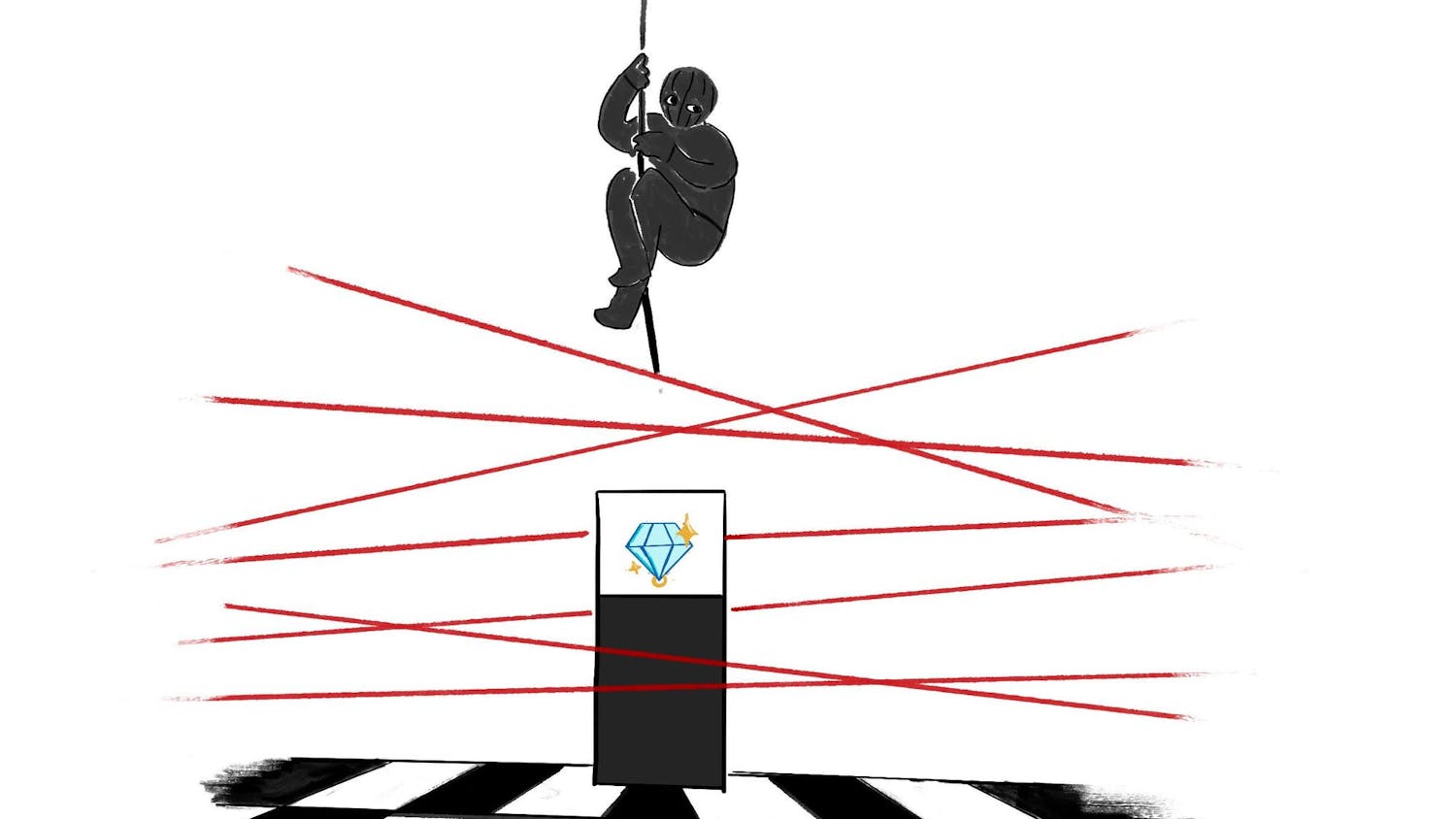There is no denying that Ryan Gosling is one of the most versatile actors on the planet.
From his hilarious portrayal of the hard-drinking, chain-smoking, foulmouthed private eye Holland March in Shane Black’s “The Nice Guys” to his sensitive depiction of sweet-natured shut-in Lars Lindstrom in “Lars and the Real Girl” to his spot-on performance as Jordan Belfort acolyte Jared Vennett in “The Big Short,” the Canuck has proven himself as someone who can handle any role, anywhere, anytime.
There is, however, one type of role that Gosling finds himself drawn to time and time again — the stoic, strong, silent male who, underneath his rigid exterior, is teeming with deeply felt and complicated emotions. These roles served him well in Nicolas Winding Refn’s “Drive,” Derek Cianfrance’s “The Place Beyond the Pines” and Refn’s “Only God Forgives.”
In his new collaboration with his “La La Land” director Damien Chazelle, Gosling has found his best of these sort of roles to date: Neil Armstrong, the American who became the first man to set foot on the moon.
In “First Man,” adapted from the biography by Auburn University’s own James R. Hansen, Gosling, Chazelle and screenwriter Josh Singer depict not only Armstrong’s desire to reach the moon but also his domestic struggles.
After a rip-roaring impressionistic opening sequence in which Armstrong flies by the seat of his pants in order to break the Earth’s atmosphere and witness the curvature of the globe, the film immediately cuts to Armstrong’s infant daughter Karen as she goes through the last of her futile cancer treatments.
Karen’s decline and death left a profound impact on Armstrong, causing him to struggle in connecting with the rest of his family. Where he was once playful, he finds himself unable to express his emotions with his wife Janet, who is played with ferocity by Claire Foy, and his two sons.
Armstrong avoids confiding in his family whenever he can, choosing instead to suffer in silence and gaze with increasingly fervent desire at the stars.
Armstrong’s reluctance to connect later handicaps his friendships with fellow astronauts Elliot See, portrayed by a never-better Patrick Fugit, and Edward Higgins White, portrayal courtesy of one of the most under-appreciated actors working in Jason Clarke.
What could have just been a tale of the United States’ glorious journey to the moon becomes, in these storytellers’ hands, something more, and the lodestar of the film is Armstrong’s relationship with his family and his journey toward a better connection with them.
The film’s eschewing of nationalism in favor of humanism, as well as its deconstruction and reconstruction of an American myth, moves it beyond standard biopic territory and into the realm of honest-to-God films.
This review would be remiss if it did not at least mention the moon-landing sequence filmed shockingly without any green screen and shot with IMAX cameras. The sequence just might be the very best thing that Damien Chazelle has ever directed.
And for the kicker, Chazelle, for the third straight film, delivers an absolute knockout of an ending to an already-great work, resulting in something approaching magic. “First Man” is one of the very best films of the year, and audiences nationwide owe it to themselves to see it as big and as loud as possible.
Do you like this story? The Plainsman doesn't accept money from tuition or student fees, and we don't charge a subscription fee. But you can donate to support The Plainsman.





